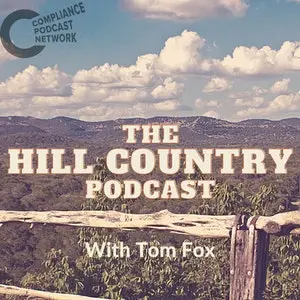Welcome to the award-winning The Hill Country Podcast. The Texas Hill Country is one of the most beautiful places on earth. In this podcast, Hill Country resident Tom Fox visits with the people and organizations that make this the most unique area of Texas. Join Tom as he explores the people, places, and activities of the Texas Hill Country. In this episode, am joined by Andrew Gay as co-host with Dalton Rice as our guest.
Dalton Rice is a seasoned professional with a diverse background spanning the military, healthcare administration, and public administration. As the current City Manager of Kerrville, Texas, Rice offers a unique perspective on the role and responsibilities of a city manager in Texas. He views the city manager as the chief executive officer of a city, responsible for overseeing all departments and appointed by the city council, a contrast to a mayoral system where the mayor is elected as the CEO. Rice’s experiences in the military and public sectors have shaped his understanding of the importance of navigating the political landscape, maintaining neutrality, and fostering open dialogue with city residents. Join Tom Fox, Andrew Gay, and Dalton Rice as they delve deeper into this topic on the next episode of the Hill Country Podcast.
Key Highlights:
- Navigating Political Impacts: The City Manager System
- Dalton Rice’s Journey from Firefighter to Green Beret
- The Demands and Commitment of City Management
- Enhancing Community Well-being through Quality Projects
Resources:
Texas Hill Country Podcast Network
Tom Fox









